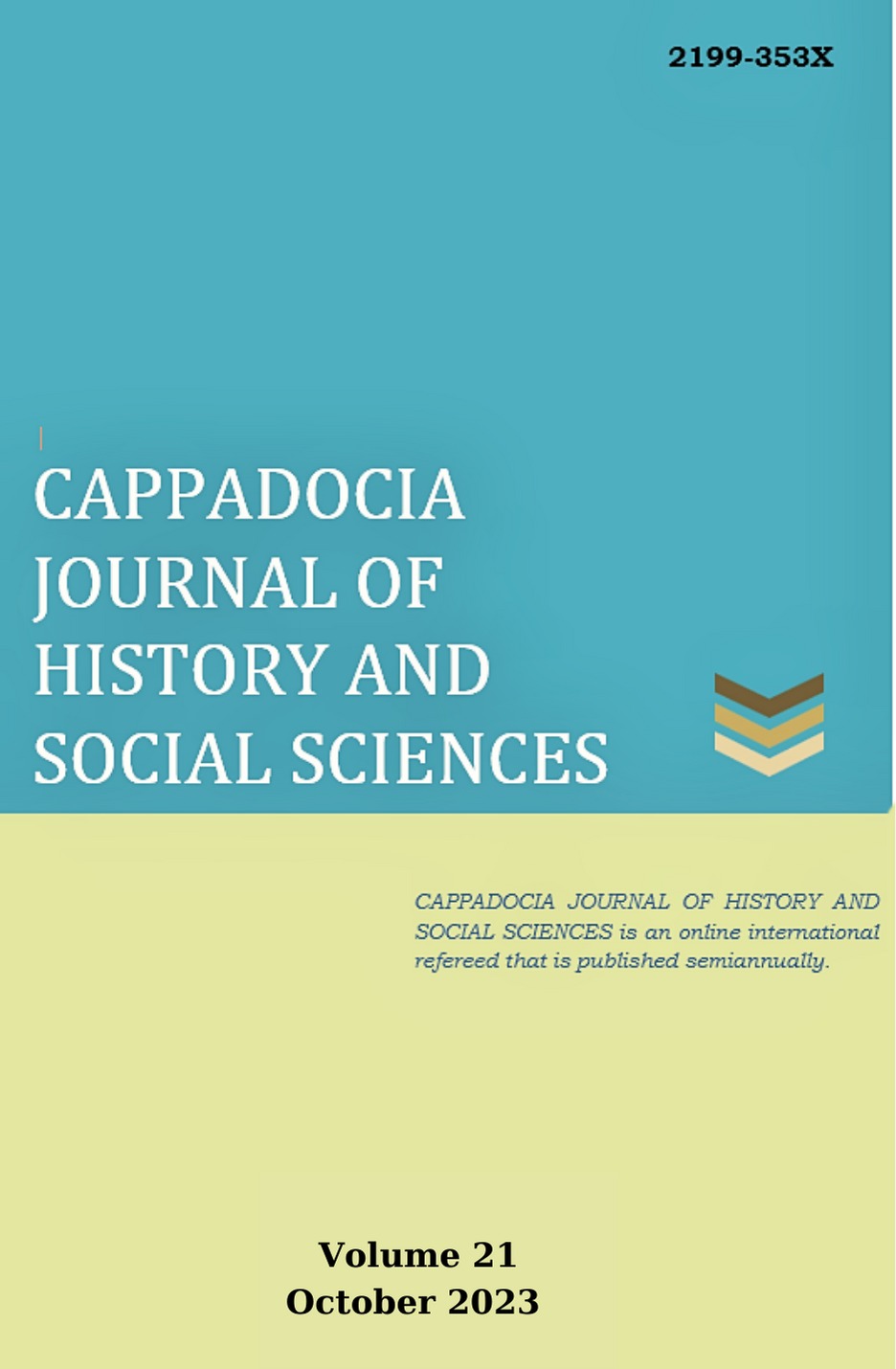Author :
Abstract
Özet
Farmakoloji kültürü ve çalışmaları, İslam'ın doğuşuyla başlayan İslam dünyasına gelene kadar çok uzun soluklu zaman ve bir o kadar da mekân çeşitliliği olgusu ile karşılaşmıştır. Dolayısıyla da dünyanın çeşitli bölgelerinde kurulan bütün eski devlet ve uygarlıklarda farklı oranlarda Farmakoloji kültürünün ve bu kültür çerçevesinde yapılan bilimsel çalışmaların izine rastlamak mümkündür. Bu meyanda İslam dünyasının erken ve geç dönemlerinde kurulan başta Emevî ve Abbasî devleti olmak üzere daha sonra siyaset sahnesine ayak basan Endülüs Emevî, Samanî, Karahanlı, Gazneli, Fatımî, Selçuklu, Eyyûbî, Memlûklü ve Osmanlı devletlerinde Farmakoloji alanında çalışan âlimlerin yoğun çabaları sonucunda onlarca eser kaleme alınmıştır. Burada Abbasîlerin erken döneminde Bağdat'ta kurulan Beytülhikme bilim ve tercüme akademisinin ve akabinde yaşanan ilk İslam bilim rönesansının ve devamında ortaya çıkan filozoflar çağının bütün bilim dallarına getirmiş olduğu olgunluğun, Farmakoloji bilim ve çalışmalarına da büyük bir canlılık kazandırdığını belirtmek isteriz.
Başından beri Farmakoloji alanındaki bütün bu olumlu faaliyetleri destekleyen ve olgunlaşmasını sağlayan bazı faktörlerin var olduğunu tespit etmemiz mümkündür. Bunların başında da her dönemde iş başında bulunan hükümdarların tabip-Farmakolog sıfatını taşıyan âlimleri maddi ve manevi yönlerden himâye etmeleri olsa gerektir. Farmakoloji çalışmalarını güçlendiren diğer bir faktör de İslam coğrafyasının birçok bölge ve ülkesinde bitkisel, hayvansal ve madensel drog veya ham maddelerin bolca bulunması olmuştur. Ancak Farmakoloji çalışmalarında meydana gelen bütün olumlu gelişmelere rağmen tıp alanında olduğu gibi bu alanda da ilaçlar ve etkinlikleri ile ilgili bazı yanlış tanımlamalar, yönlendirmeler ve hatta hurafeler bulunuyordu. Ayrıca bu dönemde (Ortaçağ İslam Dünyasında) hisbe teşkilatının (denetim mekanizması) yoğun faaliyetlerine rağmen hileli ilaç üretiminin de önüne bir türlü geçilememiştir.
Burada Farmakoloji biliminin ve bu alanda çalışan Farmakologların, tıp bilimi ve çalışmaları ile uğraşan âlimlerden de büyük oranda bilgi alışverişi ve destek gördüklerini de ifade etmek gerekir. Zaten bu iki bilim dalı, eski çağlardan çağımıza kadar süren uzun soluklu zaman dilimi içerisinde hep yan yana ve hatta iç içe olmuşlardır. Bu durumuyla da çalışmamız, belirtmiş olduğumuz uzun zaman diliminin bir parçasını, başka bir deyişle erken ve geç ortaçağları kapsamaktadır. Çalışmanın zaman boyutu uzun olduğundan dolayı da Farmakoloji bilimi ve çalışmalarının bütün detaylarını ele almaktan ziyade ana hatlarıyla anlatılmaya çalışılmıştır.
Keywords
Abstract
Abstract
The culture and studies of pharmacology have encountered the phenomenon of long-lasting time and space diversity until the Islamic world, which started with the birth of Islam. Therefore, it is possible to find traces of pharmacology culture and scientific studies conducted within the framework of this culture at different rates in all ancient states and civilizations established in various parts of the world. In this context, dozens of works were written as a result of the intensive efforts of scholars working in the field of pharmacology in the Umayyad and Abbasid states established in the early and late periods of the Islamic world, as well as in the Andalusian Umayyad, Samanid, Qarakhanid, Ghaznavid, Fatimid, Seljuk, Ayyubid, Mamlūkid and Ottoman states that set foot on the political scene later. Here, we would like to point out that the science and translation academy of Bayt al-Hikma, which was established in Baghdad in the early Abbasid period, and the first Islamic scientific renaissance that followed, and the maturity brought to all branches of science by the age of philosophers that emerged afterwards, brought a great vitality to the science and study of Pharmacology.
It is possible to determine that there were some factors that supported all these positive activities in the field of Pharmacology from the beginning and enabled it to mature. One of the most important of these factors must have been the fact that the rulers who were at the helm in every period protected the scholars who had the title of physician-pharmacologist in material and moral terms. Another factor that strengthened pharmacological studies was the abundance of herbal, animal and mineral drugs or raw materials in many regions and countries of the Islamic geography. However, despite all the positive developments in pharmacological studies, there were some misidentifications, misdirections and even superstitions about drugs and their efficacy in this field as in the field of medicine. In addition, despite the intensive activities of the hisbe organization (control mechanism) in this period (in the medieval Islamic world), fraudulent drug production could not be prevented.
It should be noted here that the science of pharmacology and pharmacologists working in this field received a great deal of information exchange and support from scholars dealing with medical science and studies. In fact, these two branches of science have always been side by side and even intertwined during the long period of time from ancient times to our era. In this case, our study covers a part of this long period of time, in other words, the early and late Middle Ages. Since the time dimension of the study is long, we have tried to explain the science of Pharmacology and its studies with its main outlines rather than dealing with all the details.





